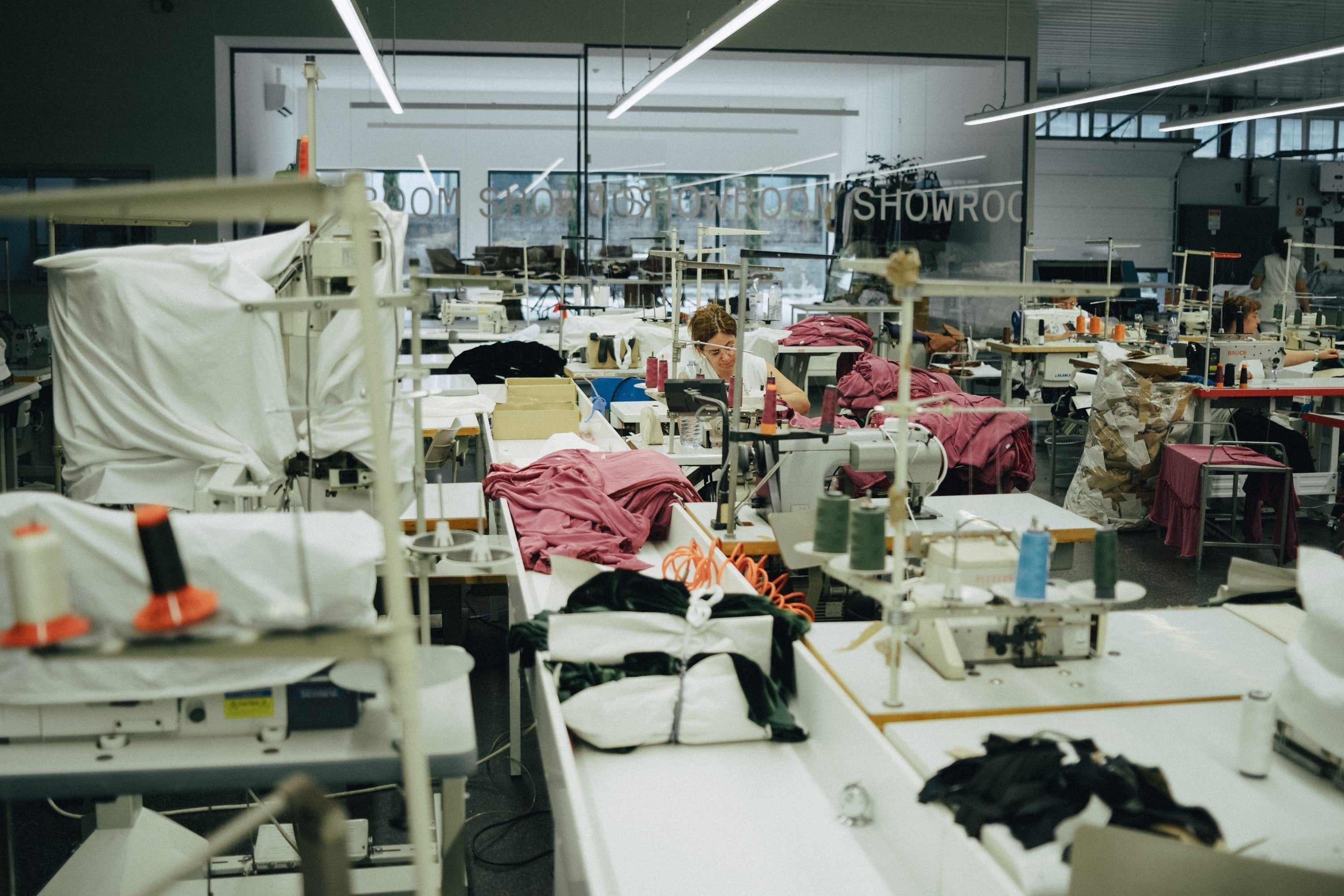
Rana Plaza, fast fashion and our responsibility - Why fair fashion saves lives
Fast fashion and Rana Plaza - why sustainable fashion is more important than ever today
No one should die for fashion.
The production of clothing and fashion should not cost anyone their life. Fair working conditions and safe textile production are not a luxury, but a human right.
A sentence that sounds like a matter of course - and yet is reality.
On April 24, 2013, the Rana Plaza building collapsed in the Savar district near Dhaka, Bangladesh. Eight floors. Several textile factories. Over 1,134 people lost their lives. More than 2,500 were injured. They sewed clothes for well-known Western brands - quickly, cheaply, under pressure.
Cracks were already visible in the building that day. The authorities warned. And yet the workers were forced to take their places. Because delivery deadlines were waiting. Contracts. Profit.
Rana Plaza was not an accident. It was the logical consequence of a system that systematically ignores people and the environment.
Who makes our clothes?
This question suddenly arose. Loud, uncomfortable, necessary. Who sews our T-shirts? Who tailors our jeans? And under what conditions?
Most of us didn't know - or perhaps didn't really want to know. Rana Plaza changed all that - at least for a moment. The pictures went around the world. The media reported, brands came under pressure, consumers began to question.
Promises followed. The Bangladesh Accord was launched - a legally binding agreement between over 200 brands committed to building safety and occupational health and safety.
But even though this step was important, the basic problem remained.
Fast fashion: cheap. Fast. And still growing.
Today - more than ten years after Rana Plaza - the fast fashion industry is bigger than ever before.
Brands such as Shein, Temu and Zara launch new collections on the market every week. Quickly produced clothing at a low price. Made possible by workers - often in the Global South and under undignified conditions - whose voices are rarely heard.
What has changed:
- More attention, more documentries, more labels with "conscious" promises.
- Some factories in Bangladesh have become safer.
What hasn't changed:
- The fundamental logic of fast fashion: growth at any price
- The fact that voluntary commitments usually remain without any real control or consequences.
- The shift of production to countries with even fewer labor rights - such as Myanmar or Ethiopia.
Breathe. Look.
In a world that is constantly crying out for something new, sometimes all it takes is one thing: pause.
Look. Listen. Question.
Because every decision in the closet is also a political one.



To educate is to change
If you want to find out more about the background, we recommend these articles:
-
Film: Fast Fashion - The dark world of cheap fashion (ZDF)
A moving documentary about the dark side of our consumption. -
Podcast: Rana Plaza - The ruins of fast fashion (ARD)
A powerful piece about the disaster - and the structural problems behind it. - Our reading list: Books, films and podcasts about sustainable consumption
What you can do
Change doesn't start in politics. It starts in the wardrobe - with conscious choices for sustainable fashion and fair clothing.
Here are a few things you can do today:
- Buy more consciously: fair, second-hand - or not at all.
- Repair your clothes instead of throwing them away.
- Ask questions: Who made it? Under what conditions?
- Share information, take a stand, demand change.
- Swap, share, borrow Fashion doesn't have to be new to make you feel new.
- Get politically involved - in conversations, at demonstrations or by taking working conditions in the fashion industry into account when voting.
And we at avonté?
We believe that fair fashion should not be based on exploitation - but on appreciation, transparency and sustainable production. That responsibility also lies with us - as a brand, as a community, as consumers.
Fashion can be beautiful. But never at the cost of lives.
And that's exactly why we tell stories.
For more awareness. For more humanity. For real change.
À vontade - make yourselves comfortable!
Pia & Marlene
